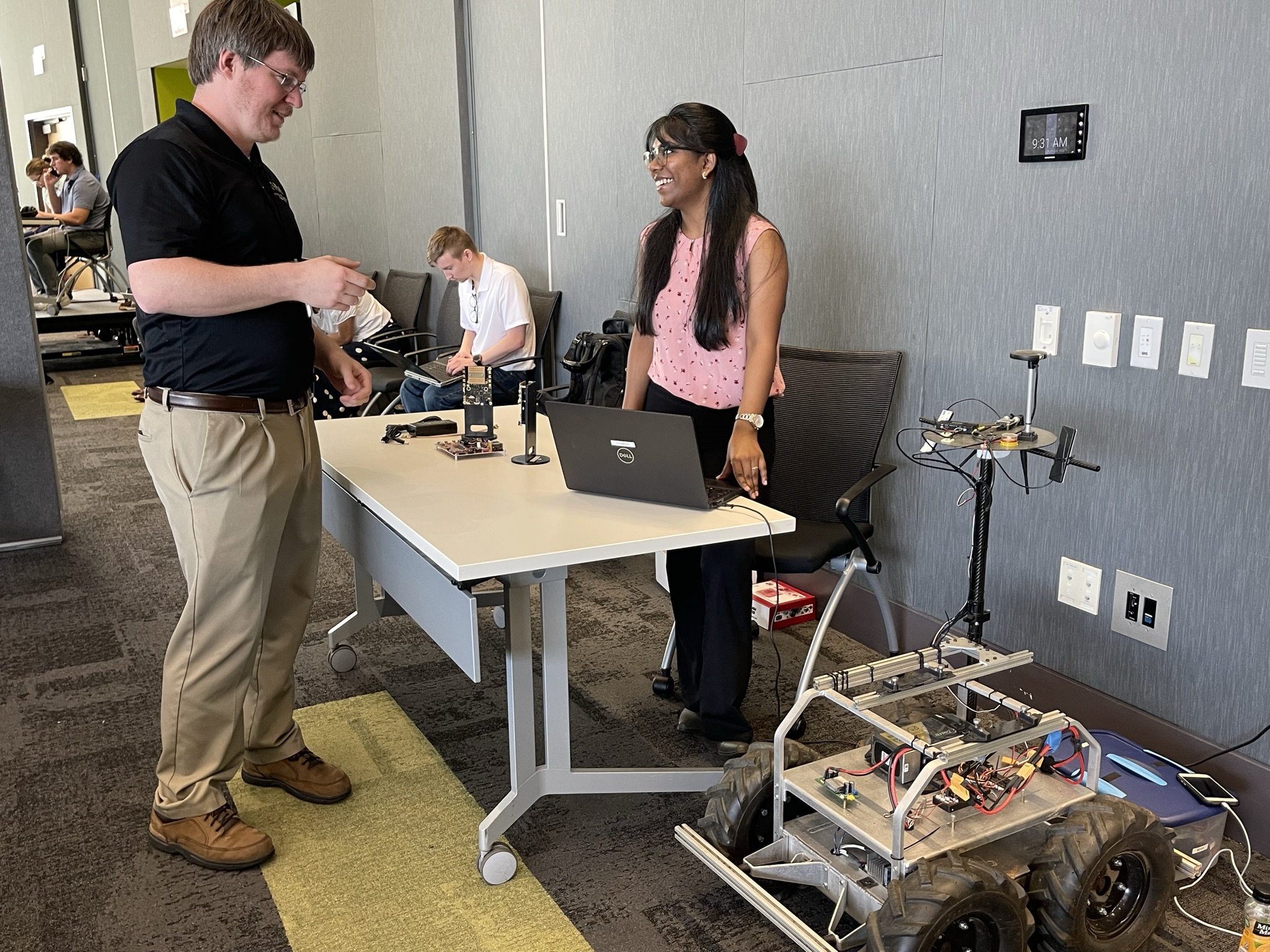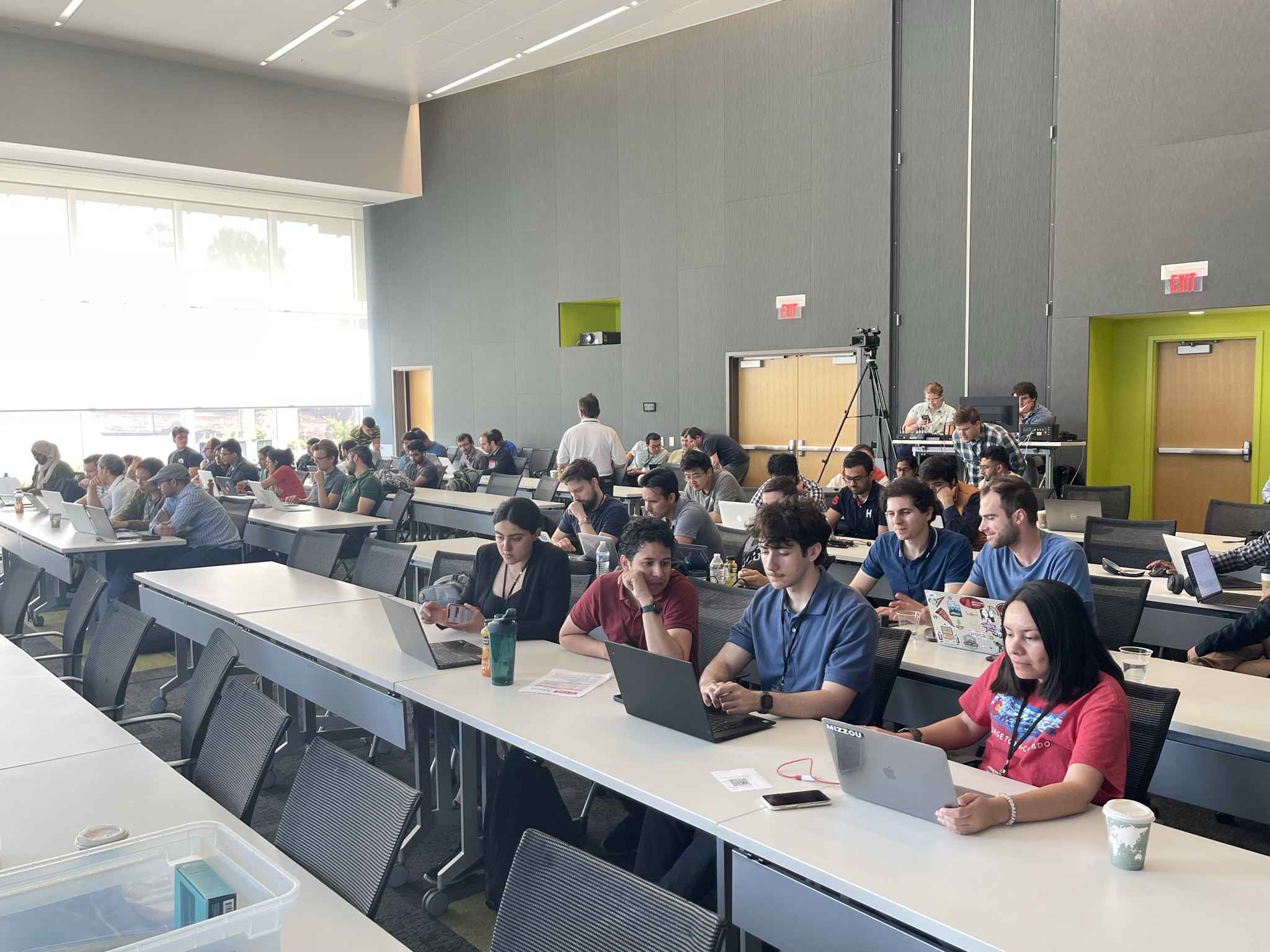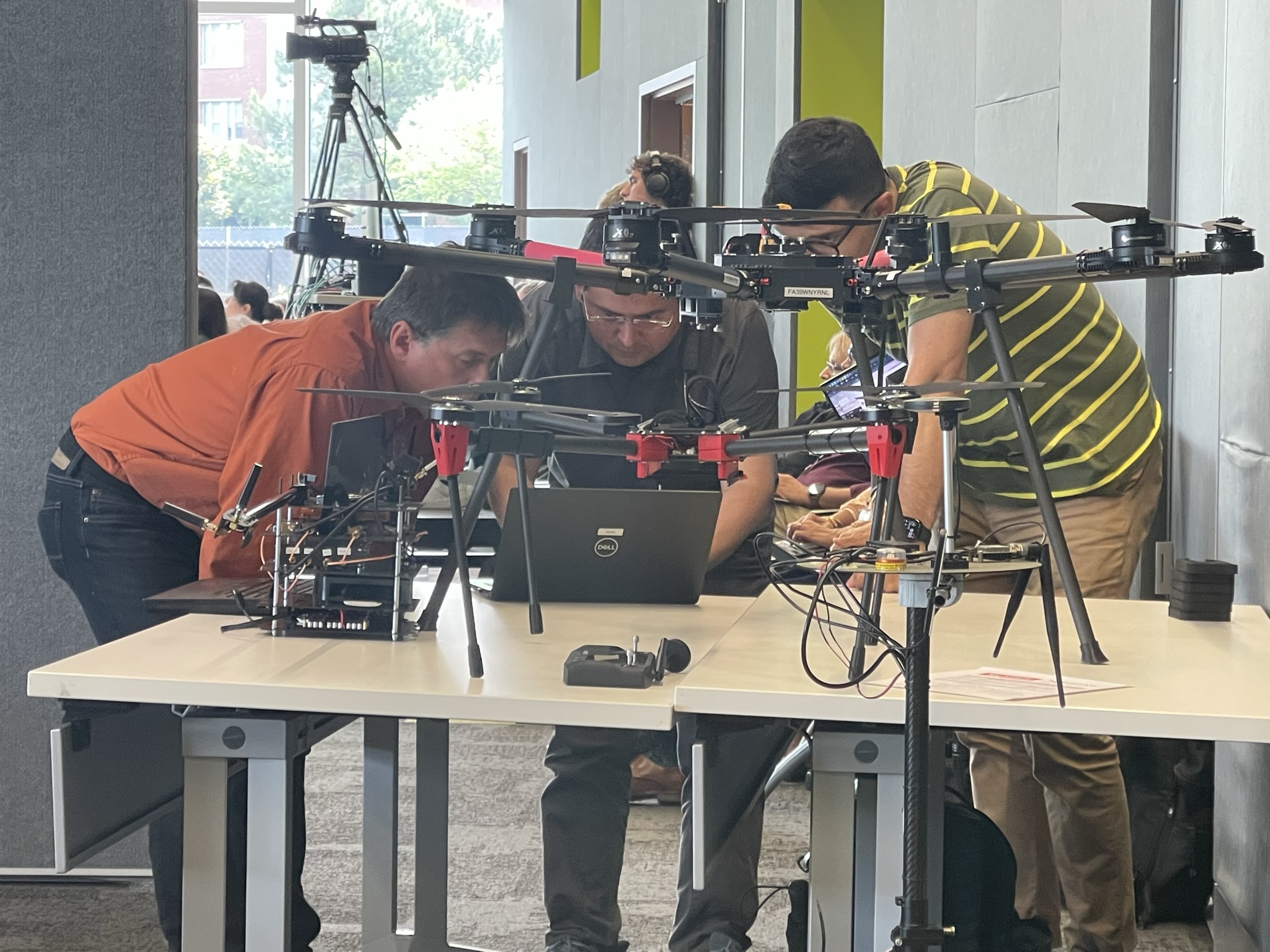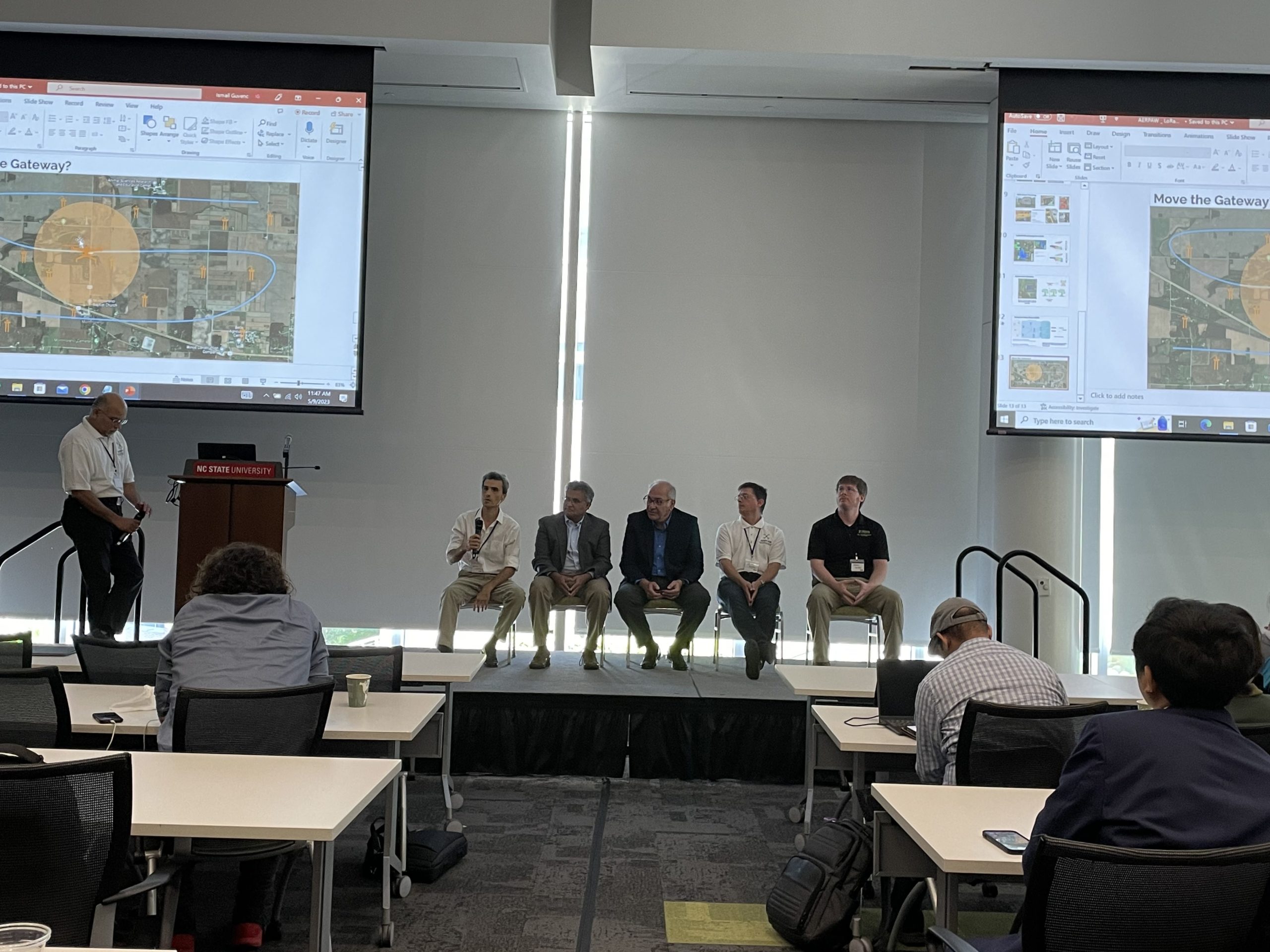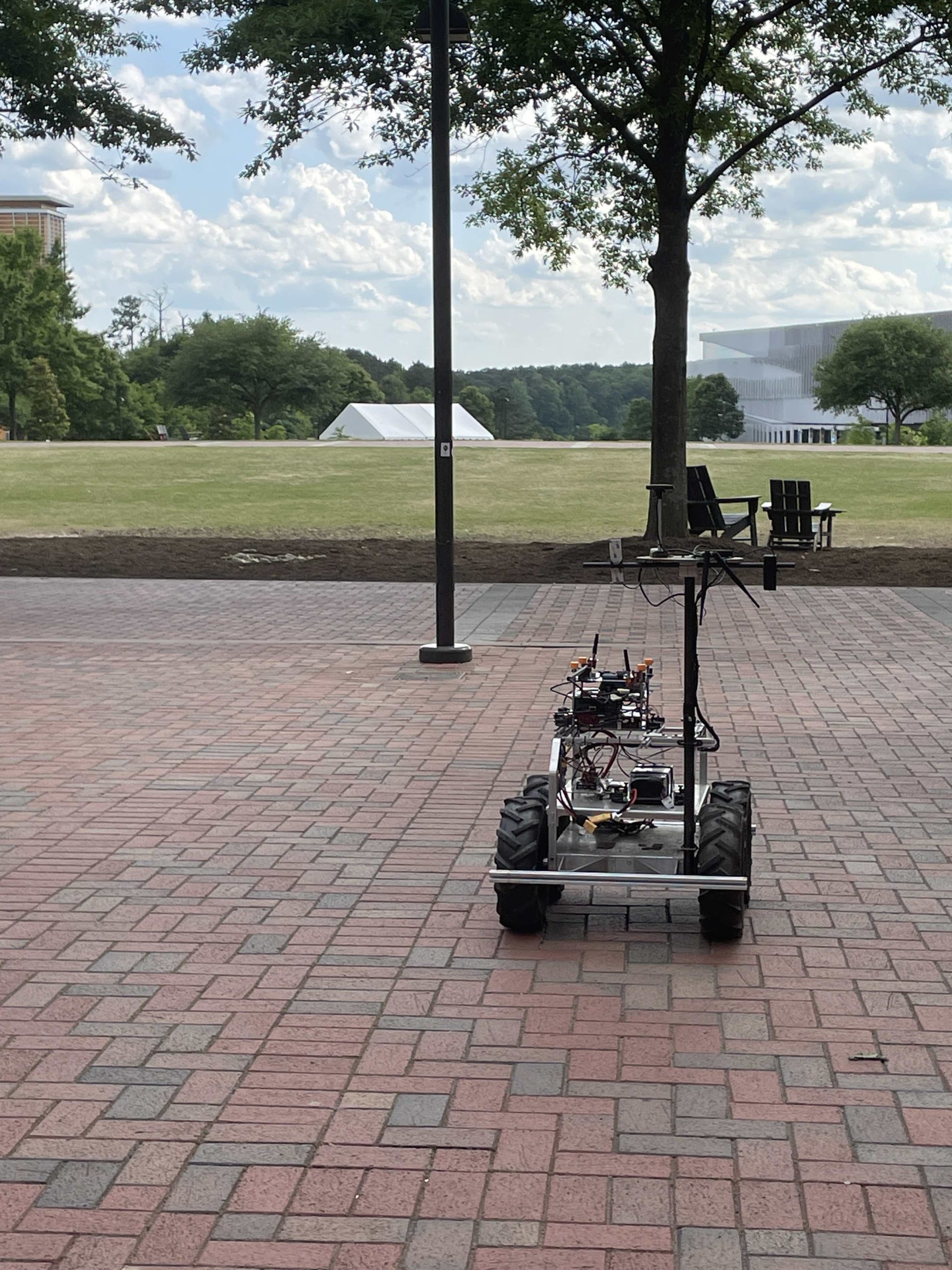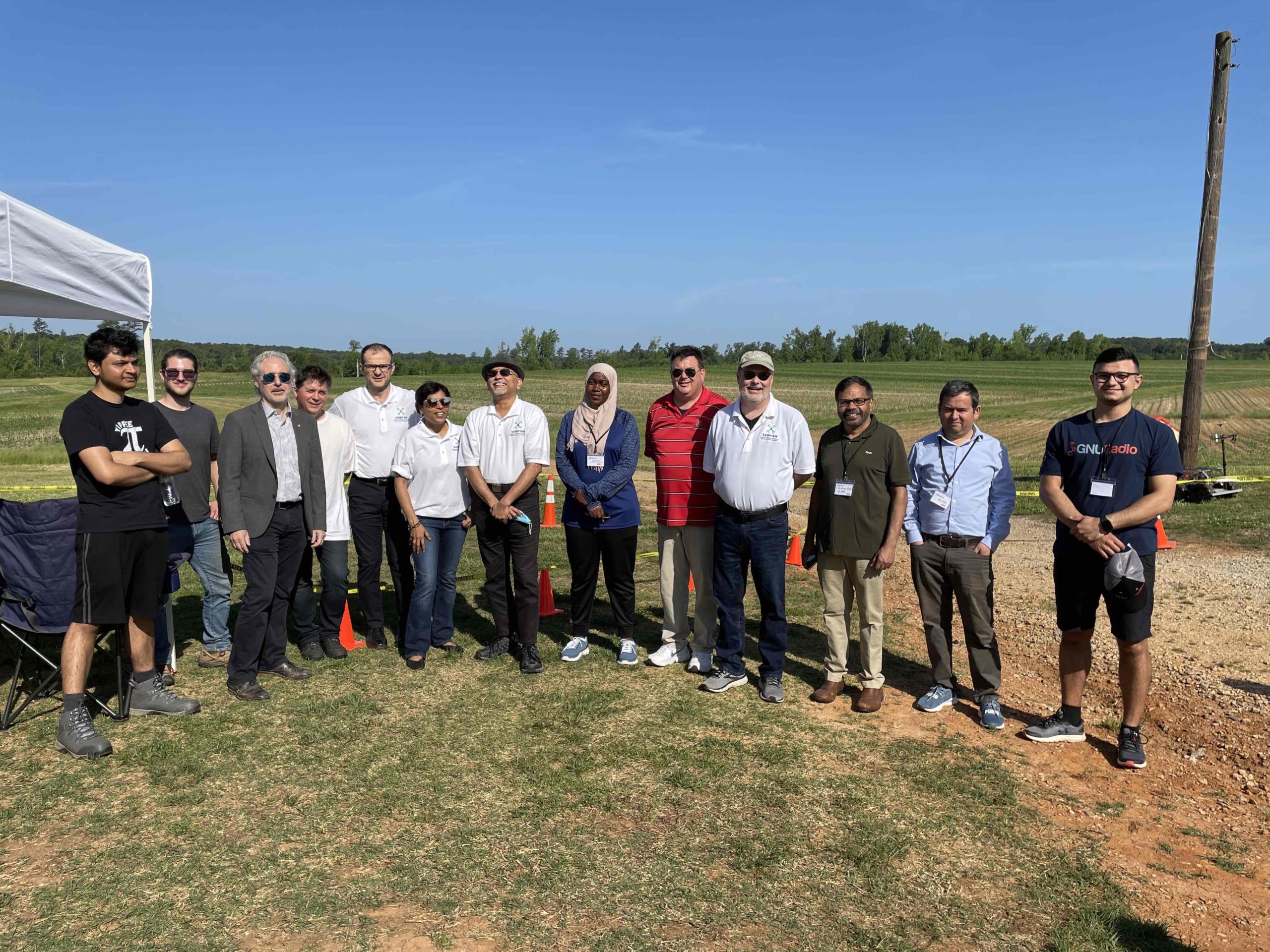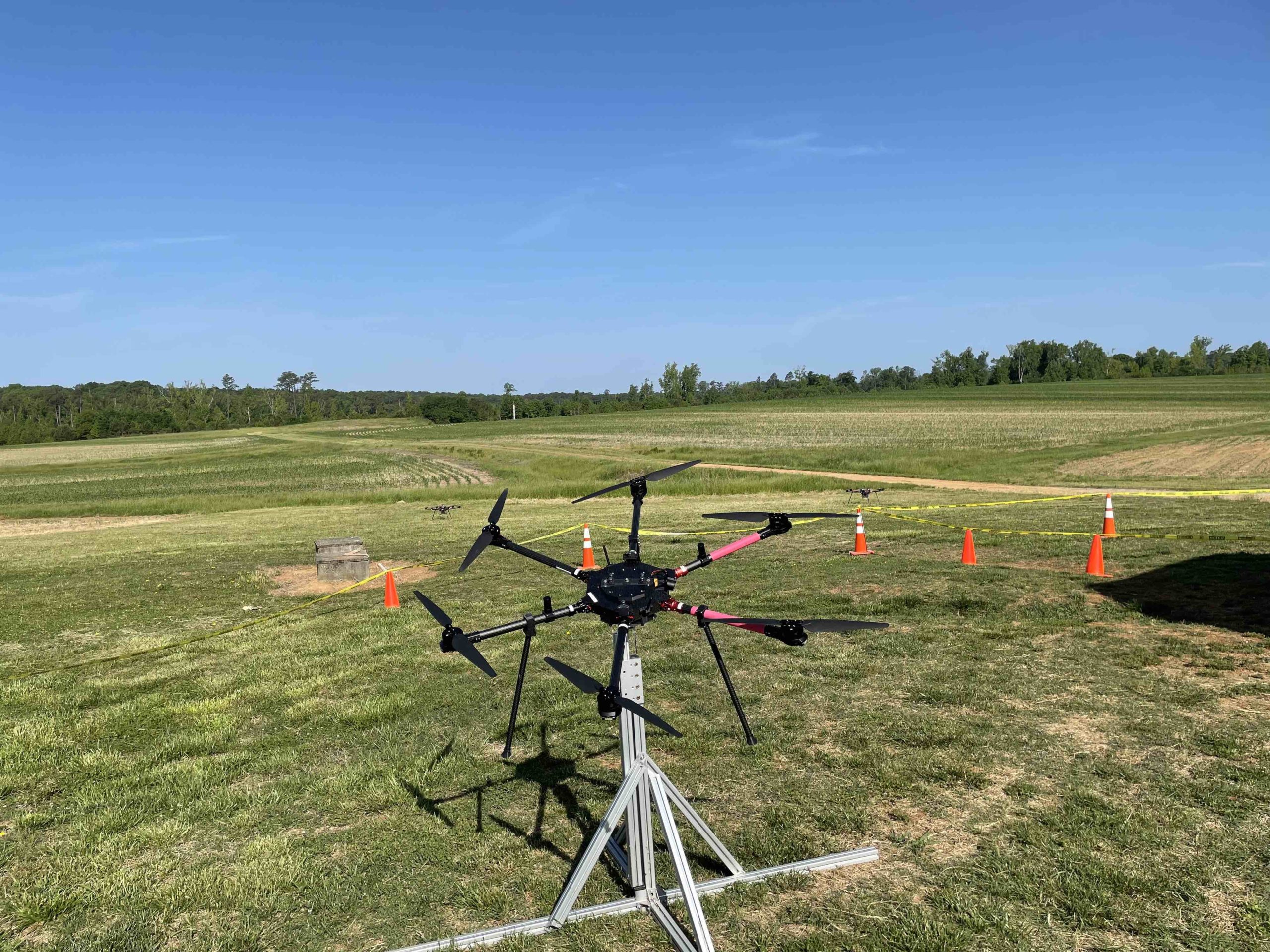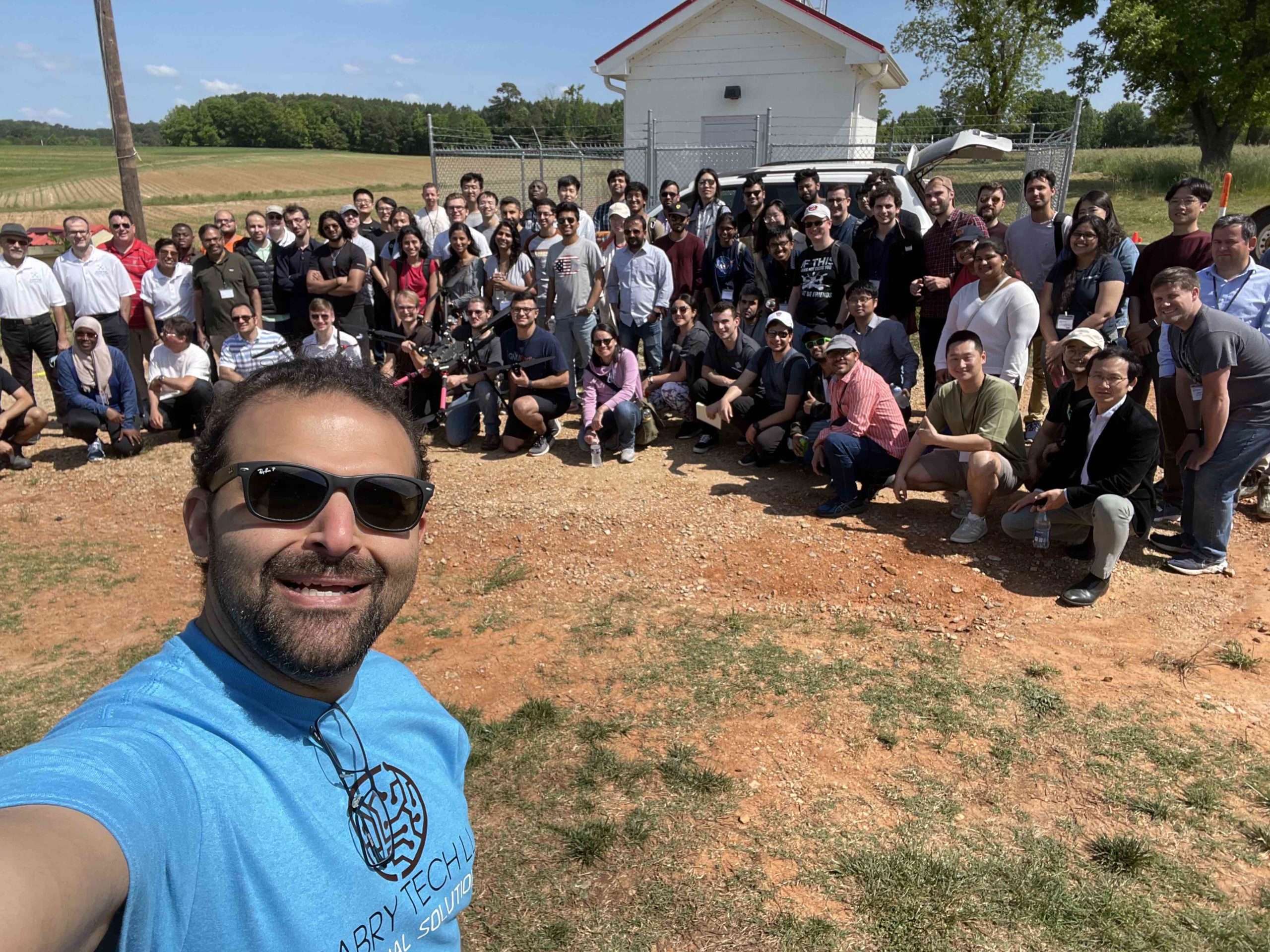The event was successfully completed with over 100 participants attending the 3-day event filled with a panel discussion from industry and government leadership, hand on tutorials for experiments, and a drone demonstration at Lake Wheeler. The entire picture album can be accessed and downloaded from here.
Venue: Duke Energy Hall, Hunt Library, Centennial Campus, NC State University
Date: May 8-11, 2023

NSF AERPAW Community Workshop 2023 will be held on May 8-11, 2023, as an in-person event at the Centennial Campus of NC State University. The main focus for ACW 2023 will be the training of graduate students who are interested in using the NSF AERPAW platform in their research. Any student who is interested in requesting travel funding is required to submit a signed letter of support from their advisor. Other attendees are also welcome to apply, they will be expected to cover their own travel expenses. The attendees will carry out various different sample experiments to program AERPAW unmanned aerial vehicles (UAVs) and unmanned ground vehicles (UGVs) as well as software-defined radios (SDRs). The last half-day day of the workshop, if the weather permits, will be a demo day when a series of outdoor experiments will be carried out with UAVs and radio equipment in Lake Wheeler Field Farms (near the NCSU Animal Health Building). We will also review AERPAW’s Phase-2 platform features during ACW 2023 and will provide additional information on AERPAW Find a Rover (AFAR) Drone Competition.
Dates and Timeline
- Application Deadline:
March 10, 2023March 15, 2023 - Advisor’s Letter due:
March 10, 2023March 15, 2023 - Decision Notification:
March 20, 2023March 22, 2023 - ACW 2023 Dates: May 8-11, 2023 (the event will end by noon on May 11th)
Venue, Parking, and Hotel Reservations: All ACW sessions will be held at Duke Energy Hall, Hunt Library, Centennial Campus, NC State University. The following three hotels are conveniently located close to the workshop venue: TownePlace Suites by Marriott Raleigh-University Area; Holiday Inn Express & Suites Raleigh SW NC State, an IHG Hotel; The StateView Hotel, Autograph Collection. There will be a shuttle service in the morning and in the evening to/from TownePlace Suites and Hunt Library. For parking information around the Hunt Library, you may visit here.
Event Schedule
Monday, May 8, 2023 – Hunt Library, Duke Energy Hall
| Time | Agenda Item | Session Chair(s) |
| 7:15 am and 7:30 am | Shuttle From TownPlace Suites by Marriott to Hunt Library (two rounds) | |
| 7:30 – 8:30 am | Breakfast | |
| 8:30 – 10:00 am | Opening Remarks by Mladen Vouk, NC State Vice Chancellor for Research AERPAW Phase-2 Platform Capabilities Overview, ACW 2023 Overview, Ismail Guvenc, Mihail Sichitiu, Rudra Dutta | Session Chair: Rudra Dutta Slides, Recording |
| 10:00 – 10:15 am | Coffee Break | Demo Tables: AERPAW Vehicles and Portable Nodes, Mihail Sichitiu |
| 10:15 – 10:45 am | Invited Talk: Christopher Nassif, FAA, “UAS Operations Using Terrestrial Cellular Networks” | Session Chair: Ismail Guvenc |
| 10:45 am -12:15 pm | Panel 1: Spectrum and Connectivity for Unmanned Aerial Vehicles – Christopher Nassif, FAA (Slides) – Chris Sanders, Verizon (Slides) – James Neel, Federated Wireless (Slides) – Thomas Zajkowski, NC State ITRE (Slides) | Panel Moderator: Ismail Guvenc Slides, Recording |
| 12:15 – 1:30 pm | Lunch | |
| 1:30 – 3:30 pm | Hands-on Training Session #1: Emulation of AERPAW Experiments – Portal Access and Vehicle Control, Magreth Mushi, Rudra Dutta, Mihail Sichitiu, Anil Gurses | Session Chairs: Rudra Dutta, Magreth Mushi Self-Paced Tutorial Link |
| 3:30 – 3:45 pm | Coffee Break | Demo Tables: AERPAW Vehicles and Portable Nodes, Mihail Sichitiu |
| 3:45 – 5:30 pm | Hands-on Training Session #2: Emulation of AERPAW Experiments – srsRAN LTE (SE1) and GNU Radio OFDM (GE1) Experiments, Keith Powell, Vuk Marojevic, Ozgur Ozdemir | Session Chair: Rudra Dutta, Magreth Mushi Self-Paced Tutorial Link |
| 5:30 – 6:30 pm | Dinner | |
| 6:30 pm | Shuttle from Hunt Library to Hotel |
Tuesday. May 9, 2023 – Hunt Library, Duke Energy Hall
| Time | Agenda Item | Session Chair(s) |
| 7:15 am and 7:30 am | Shuttle From TownPlace Suites by Marriott to Hunt Library (two rounds) | |
| 7:30 – 8:30 am | Breakfast | |
| 8:30 – 10:00 am | Hands-on Training Session #3: Emulation of AERPAW Experiments – GNU Radio Channel Sounding (GE2) Experiment, Ozgur Ozdemir | Session Chairs: Rudra Dutta, Magreth Mushi Self-Paced Tutorial Link |
| 10:00 – 10:15 am | Coffee Break | Demo Tables: AERPAW mmWave and LoRa Development Efforts, Ashwini Ganesh, Andrew Balmos |
| 10:15 am -10:45 am | Invited Talk: Ali Khayrallah, Ericsson, “The Long Way to 6G” | Session Chair: Rudra Dutta |
| 10:45 am – 12:15 pm | Panel 2: Research Enabled by AERPAW – Ali Khayrallah, Ericsson (Slides) – Kalyan Sundhar, Keysight (Slides) – Alphan Sahin, Univ. South Carolina (Slides) – Andrew Balmos, Purdue University (Slides) – Mihail Sichitiu, NC State University (Slides) | Panel Moderator: Rudra Dutta Recording |
| 12:15 – 1:30 pm | Lunch | Remarks: Gregg Rothermel, NC State CSC Department Head |
| 1:30 – 3:30 pm | Hands-on Training Session #4: Emulation of AERPAW Experiments – I/Q Sample Collection (UHD2) with srsRAN LTE (SE1) and srsRAN 5G (SE6), Sung Joon Maeng, Ozgur Ozdemir | Session Chairs: Rudra Dutta and Magreth Mushi Self-Paced Tutorial Link |
| 3:30 – 3:45 pm | Coffee Break | Demo Tables: AERPAW mmWave and LoRa Development Efforts, Ashwini Ganesh, Andrew Balmos |
| 3:45 – 5:30 pm | AERPAW Centennial Campus Fixed Nodes Tour and UGV/SDR Demo, Ozgur Ozdemir | Session Chairs: Ismail Guvenc, Mihail Sichitiu |
| 5:30 – 6:30 pm | Dinner | |
| 6:30 pm | Shuttle from Library to Hotel |
Wednesday, May 10, 2023 – Hunt Library, Duke Energy Hall
| Time | Agenda Item | Session Chair(s) |
| 7:15 am and 7:30 am | Shuttle From TownPlace Suites by Marriott to Hunt Library (two rounds) | |
| 7:30 – 8:30 am | Breakfast | |
| 8:30 – 10:00 am | Demo Session for Non-SDR Experiments (Ericsson and Keysight training), Asokan Ram, Magreth Mushi | Session Chair: Asokan Ram |
| 10:00 – 10:15 am | Coffee Break | Demo Tables: AERPAW Ericsson and Keysight RF Sensor Development Efforts, Asokan Ram, Ozgur Ozdemir |
| 10:15 am -12:15 pm | Hands-on Training Session #5: Emulation of AERPAW Experiments – srsRAN NB-IoT (SE4) and Manual Drone Flight Experiments, Self Exploratory Work, Talha Rahman, Mihail Sichitiu, Ozgur Ozdemir | Session Chairs: Rudra Dutta, Magreth Mushi Self-Paced Tutorial Link |
| 12:15 – 1:30 pm | Lunch | Remarks: Daniel Stancil, NC State ECE Department Head |
| 1:30 – 3:30 pm | AERPAW Lightning Talks Session by Workshop Participants (2-3 minutes/talk) | Session Chair: Brian Floyd Slides, Recording |
| 3:30 – 3:45 pm | Coffee Break | Demo Tables: AERPAW Ericsson and Keysight RF Sensor Development Efforts, Asokan Ram, Ozgur Ozdemir |
| 3:45 – 5:30 pm | Wrap Up Session | Session Chairs: Ismail Guvenc, Rudra Dutta, Mihail Sichitiu |
| 5:30 – 6:30 pm | Dinner | Parting Remarks: Marc Hoit |
| 6:30 pm | Shuttle from Library to Hotel |
Thursday, May 11, 2023 – NCSU Animal Health Building, Lake Wheeler Field Lab
| Time | Agenda Item |
| 9:00 am | Shuttle leaves the hotel to NCSU Animal Health Building |
| 9:15 – 9:30 am | Arrival, brief introduction (Ismail Guvenc, Rudra Dutta) |
| 9:30 – 9:50 am | Drone Demo 1: srsRAN with LTE (SE2), with 2 UEs, one drone orbiting the other (Ozgur Ozdemir, Mihail Sichitiu) |
| 9:50 – 10:10 am | Touring AERPAW LW1 Tower, Ericsson BS, USRPs, Enclosures (Ismail Guvenc, Rudra Dutta) |
| 10:10 – 10:30 am | Drone Demo 2: GNU Radio Channel Sounder with Rover (GE2) (Ozgur Ozdemir, Mihail Sichitiu) |
| 10:30 – 10:50 am | Crash course on UAV piloting, FAA waivers, Part 107 (Tom Zajkowski, Evan Arnold) |
| 10:50 – 11:10 am | Drone Demo 3: Ericsson eNB/gNB experiment (EE1) (Asokan Ram, Ozgur Ozdemir) |
| 11:10 – 11:30 am | Parting thoughts from NC State (Marc Hoit). |
| 11:45 am | Shuttle leaves NCSU Animal Health Building back to the hotel (boxed lunches for travel awardees to be delivered at the hotel) |
Keynote Speakers and Panelists
Panel 1: Spectrum and Connectivity for Unmanned Aerial Vehicles – May 8, 2023 (Moderator: Ismail Guvenc)
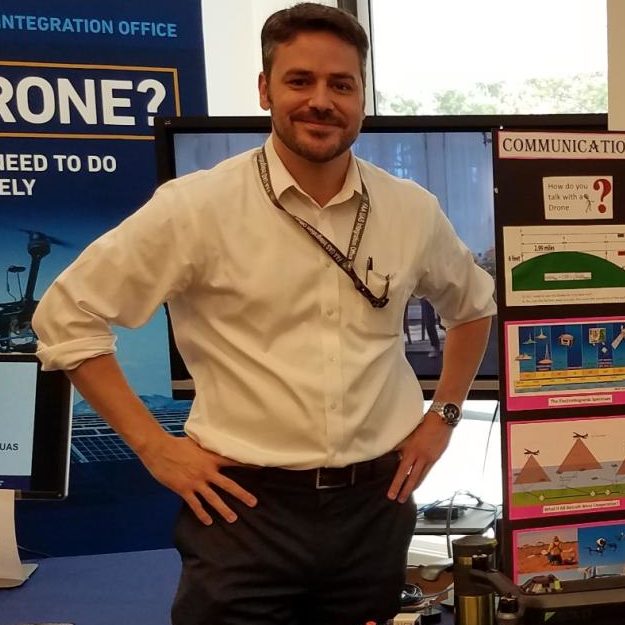
Keynote Speaker: Christopher Nassif, Program Manager, UAS Technologies, FAA Safety & Integration Division — “UAS Operations Using Terrestrial Cellular Networks”
Abstract: One of the greatest impediments to the expansion of UAS operations into Beyond Visual Line of Sight operations is the lack of viable command and control solutions. In this talk, we will be discussing how the national cellular infrastructure can not only support and expand UAS operations in multiple verticals but also ensure safer skies for all aircraft. Topics will include: How we leverage cellular side lobes and the associated pros and cons; What is and is not permitted for aeronautical navigation; How cellular networks can also support detection and avoidance and aviation conspicuity; Results from operational testing data conducted in multiple environments.
Bio: Chris is the Technical Program Manager for UAS technologies including the development of cellular-connected UAS, detection and avoidance testing and integration, and spectrum issues relating to UAS command and control at the FAA UAS Integration Office; located at FAA Headquarters offices in Washington, DC. Formerly, he was the Lead Technologist for the Presidential Integration Pilot Program (IPP), the Acting Manager of the Program and Data Management Branch (AUS-410) and the Program Manager for UAS Cargo Delivery Programs. He also advises on Counter UAS technologies, tactics and testing, and STEM education. Before joining the UAS Integration Office, he was an Air Force Intelligence Officer with over 7000 hours managing UAS operations, and more recently served as the Senior Technical Intelligence Analyst in the Test and Evaluation Branch at the Joint Improvised Threat Defeat Organization (JIDO) countering Remote Controlled Improvised Explosive Devices (RCIED) and hostile UAS. Mr. Nassif has 20 years of government experience spanning counterterrorism, strategic and operational intelligence, test and evaluation, program management, UAS operations, and interagency special access programs. He has managed over 30 government programs and has conducted systems testing across the country and internationally while advising national labs, the intelligence community, and congressional leadership including the Senate and House Armed Services Committees on domestic and international threats. Mr. Nassif holds a B.S. from Michigan State University in International Relations and an M.S. from Embry Riddle Aeronautical University in Unmanned Aerospace Systems.

Chris Sanders, Crisis Response Manager, Verizon Frontline
Bio: Supporting public safety and first responders with emergency communications management and UAS support during times of crisis. He also developed the UAS program for the Crisis Response Team and the framework for the safety management system for Verizon’s overall UAS program. Prior to joining the Frontline team in 2020, he was a pilot and safety program manager in the unmanned industry working on LiDAR, photogrammetry, and beyond-visual line-of-sight operations. Chris’s almost two-decade aviation career started with 9 years of service in the United States Army as a tactical air traffic controller with deployments to both Iraq and Afghanistan. He holds a bachelor’s degree in unmanned systems and robotics from Embry Riddle Aeronautical University as well as a master’s degree in geographical information systems from the University of Southern California. He also holds his FAA Part 61 private pilot’s license.
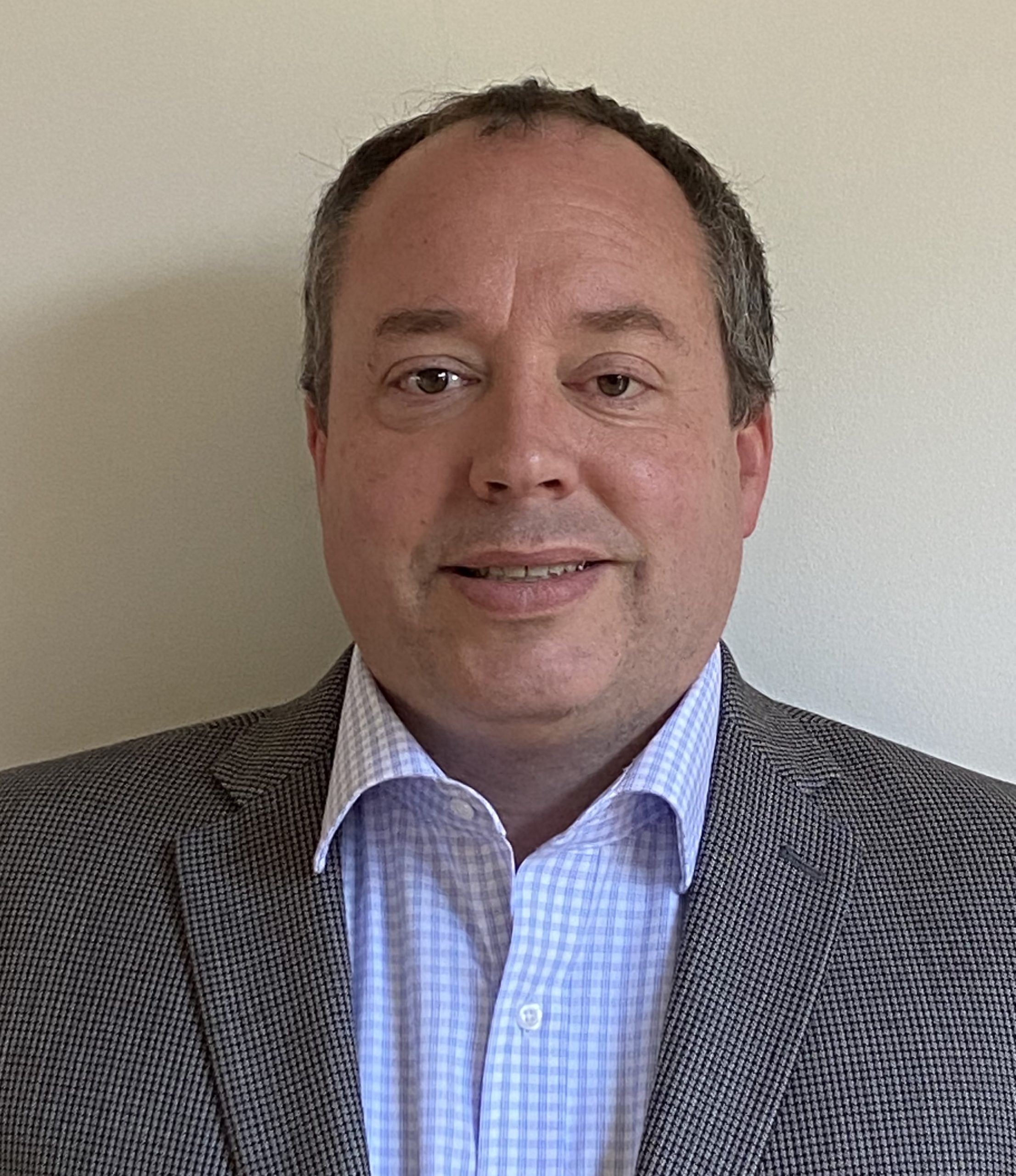
James Neel, Senior Technologist, Federated Wireless
Bio: James (Jody) Neel is a Senior Technologist at Federated Wireless and received his Ph.D. in Electrical Engineering from Virginia Tech in 2006 on the design of cognitive radio and distributed radio resource management algorithms. Since 2014, he has led Federated Wireless’s research, design, and prototyping on numerous spectrum sharing and spectrum management projects and programs including sub-second radar / 3GPP spectrum sharing (DARPA SSPARC), sharing between ground earth stations and AWS-3 cellular networks (NOAA RFIMS), DARPA SC2 scenario design, and tools to accelerate access to UK shared spectrum bands. He is currently leading the system’s design for Federated Wireless’s spectrum management solution for AURA Network System’s FAA-compliant UAV network for command and control and air traffic control for beyond visual line of sight in the National Airspace System.
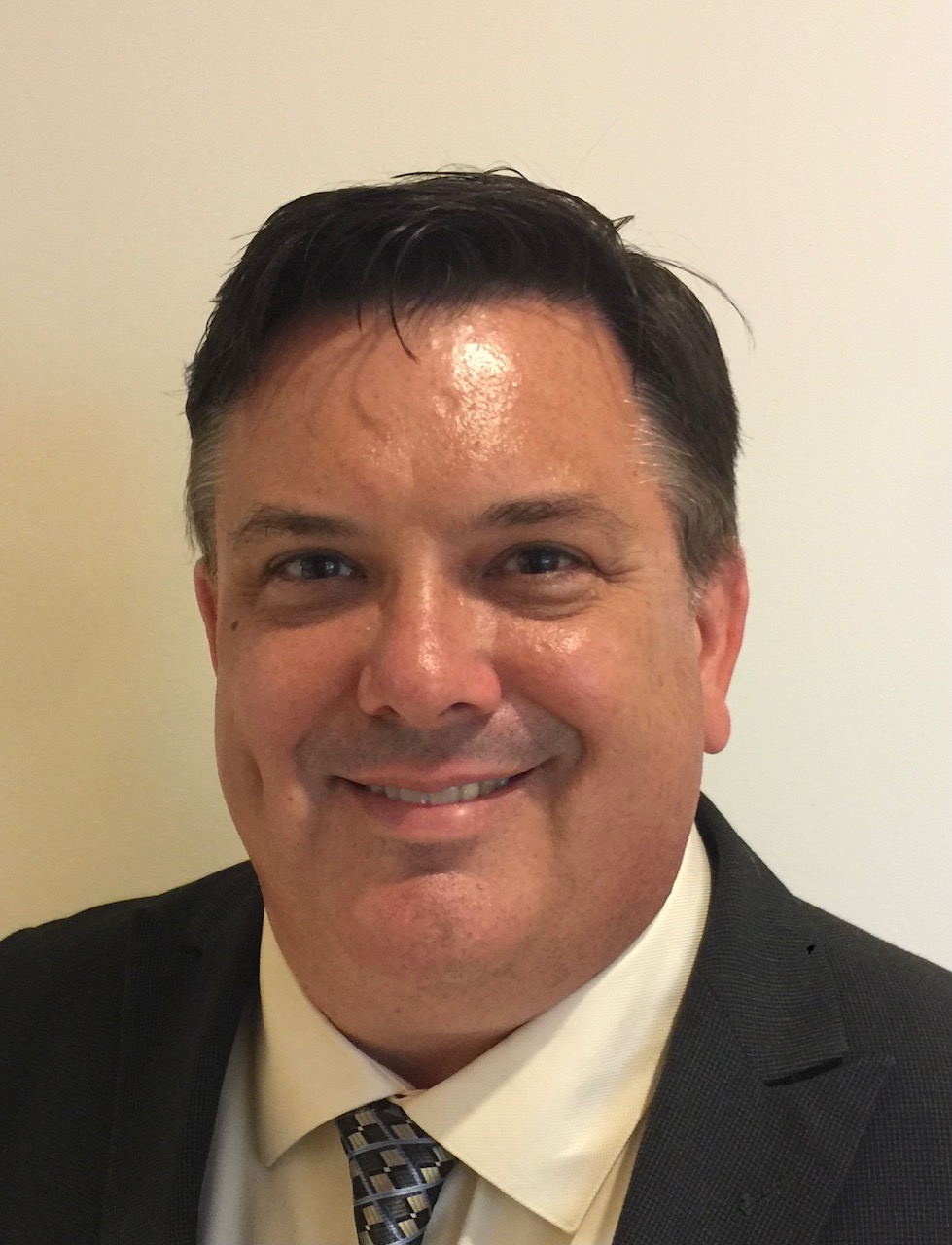
Thomas Zajkowski, Flight Operations Manager, ITRE Aviation, NC State University
Bio: Thomas Zajkowski has 23 years of experience as a researcher and instructor in aviation and remote sensing. He has delivered numerous presentations at conferences and government workshops on these topics for NC State and as a contractor for the United States Forest Service. In addition, he has facilitated a number of workshops on a wide range of topics including Uncrewed Aircraft Systems (UAS) for disaster management, airport maintenance, and operations. Currently, he is helping three STEM programs using UAS to teach technology and science principles to middle and high school students.
Thomas is the project manager for fight operations for several NC State research projects.
Panel 2: Research Enabled by AERPAW – May 9, 2023 (Moderator: Rudra Dutta)
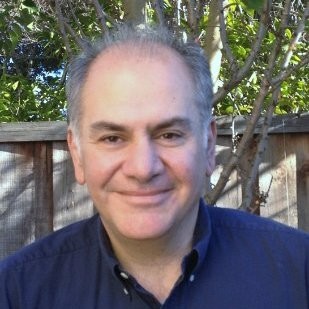
Keynote Speaker: Ali Khayrallah, Senior Technical Advisor, Ericsson — “The Long Way to 6G”
Abstract: This presentation provides an industry perspective on the long and winding road toward 6G networks, with emphasis on the US landscape. At Ericsson, we have been engaged in early activities for several years, both in our internal research organization and in external collaborations with government, academia, and industry. In the US, this includes partnerships with NSF and industry in the RINGS, FuSe, and PAWR programs, leadership and contributions in the ATIS Next G Alliance, contributions to 5G Americas white papers, among others. In addition, we have ongoing academic collaborations related to 6G. A crucial ingredient in the success of 6G will be the timely and predictable availability of spectrum, and we work diligently with regulators to make that happen. In particular, we participate in the FCC Technological Advisory Council working groups on 6G and spectrum. Overall, our experience from previous generations teaches us that it takes time and patience for technical breakthroughs to be reduced to practice. Our goal is to energize research and technology advances with a long enough runway to shape the eventual 6G standards and products.
Bio: Ali is a senior technical advisor with the Advanced Technology Group at Ericsson in Santa Clara, CA. He has been with Ericsson in various research positions, in Santa Clara, CA, where he led a team shaping future wireless technology, and earlier in Research Triangle Park, NC. His current focus is on 6G in the US, and partnering with government, academia, and industry to energize research towards 6G. He has contributed to the development of 5G, 4G, 3G, Bluetooth, mobile satellite, land mobile radio, etc. Previously, he was on the faculty of the University of Delaware. He received a Ph.D. and an M.S. from the University of Michigan, Ann Arbor, and a B.Eng. from the American University of Beirut. He holds 120+ patents and received the Ericsson Inventor of the Year award.
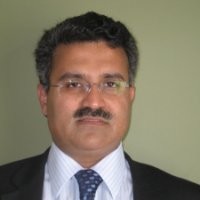
Kalyan Sundhar, Vice President and General Manager, 5G Edge to Core Group, Keysight Technologies
Bio: Kalyan has over 25 years of experience in the industry, leading multi-national teams that develop products for Operators, Network Equipment Manufacturers as well as Test and Measurement vendors. He is currently, Vice President and General Manager of 5G Edge To Core Group. In this role, Kalyan is responsible for working with key customers on technical and business fronts – defining the strategy, roadmap, and go-to-market plans from 5G RAN to Core. Previously, Kalyan was responsible for creating and executing Ixia’s wireless and virtualization strategies across all product lines as well as oversight of development for Ixia products relating to 5G, LTE, WiFi, and applications in the voice, video, and data areas. He holds several patents in the wireless area. He co-authored the popular “5G for Dummies” book and is a regular contributor to several leading magazines in this space.
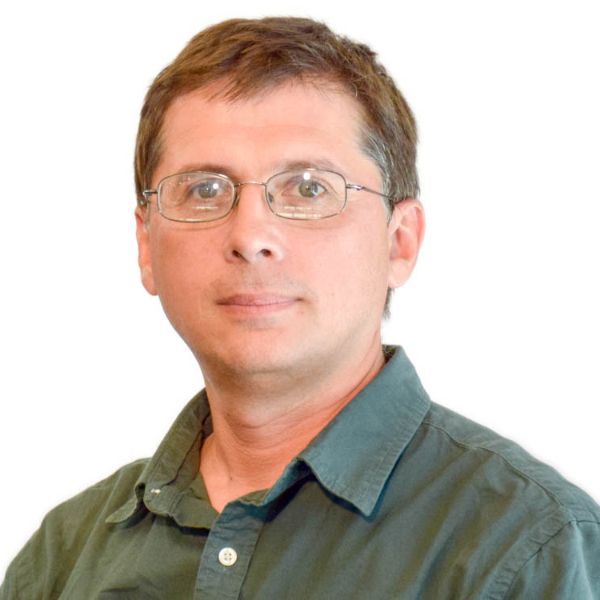
Mihail L. Sichitiu, Professor, Department of Electrical and Computer Engineering, NC State University
Bio: Mihail was born in Bucharest, Romania. He received a B.E. and an M.S. in Electrical Engineering from the Polytechnic University of Bucharest in 1995 and 1996 respectively. In May 2001, he received a Ph.D. degree in Electrical Engineering from the University of Notre Dame. He is currently employed as a professor in the Department of Electrical and Computer Engineering at North Carolina State University. His primary research interest is in Wireless Networking with an emphasis on multi-hop networking and wireless local area networks. He is a Co-Investigator for the NSF Aerial Experimentation and Research Platform on Advanced Wireless (AERPAW) Project.
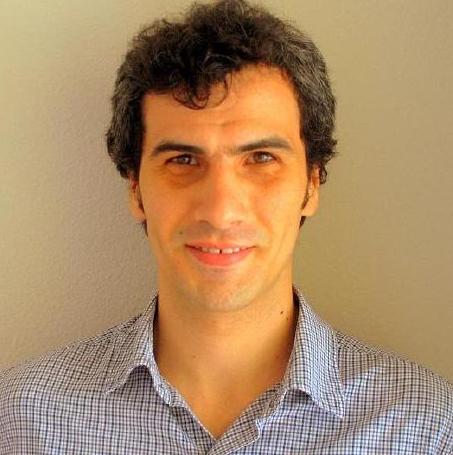
Alphan Şahin, Assistant Professor, Department of Electrical Engineering, University of South Carolina
Bio: Alphan received his Ph.D. degree in Electrical Engineering from the University of South Florida, Tampa, FL, USA, in 2013. From 2014 to 2015, he was a Post-Doctoral Research Associate with Texas A&M University, College Station, TX, USA, and Florida International University, Miami, FL, USA. He was with InterDigital between 2015 and 2019 and developed technologies for the physical layers of IEEE 802.11 and 3GPP 5G NR standards. He is currently with the University of South Carolina as an Assistant Professor. His research interests include signal processing techniques emphasizing the physical layer of wireless communication systems. In particular, his recent research topics include the PHY solutions for improving ML experience, distributed learning over a wireless network, over-the-air computation, and fundamental communication theory, e.g., sequences, modulation, coding, combinatorial designs for transmitter and receiver, low-complexity and flexible air-interface design, end-to-end PHY designs for specific tasks, and signal processing methods considering the hardware impairments (e.g., phase noise, PAPR, IQ imbalance, quantization) and the interference conditions.
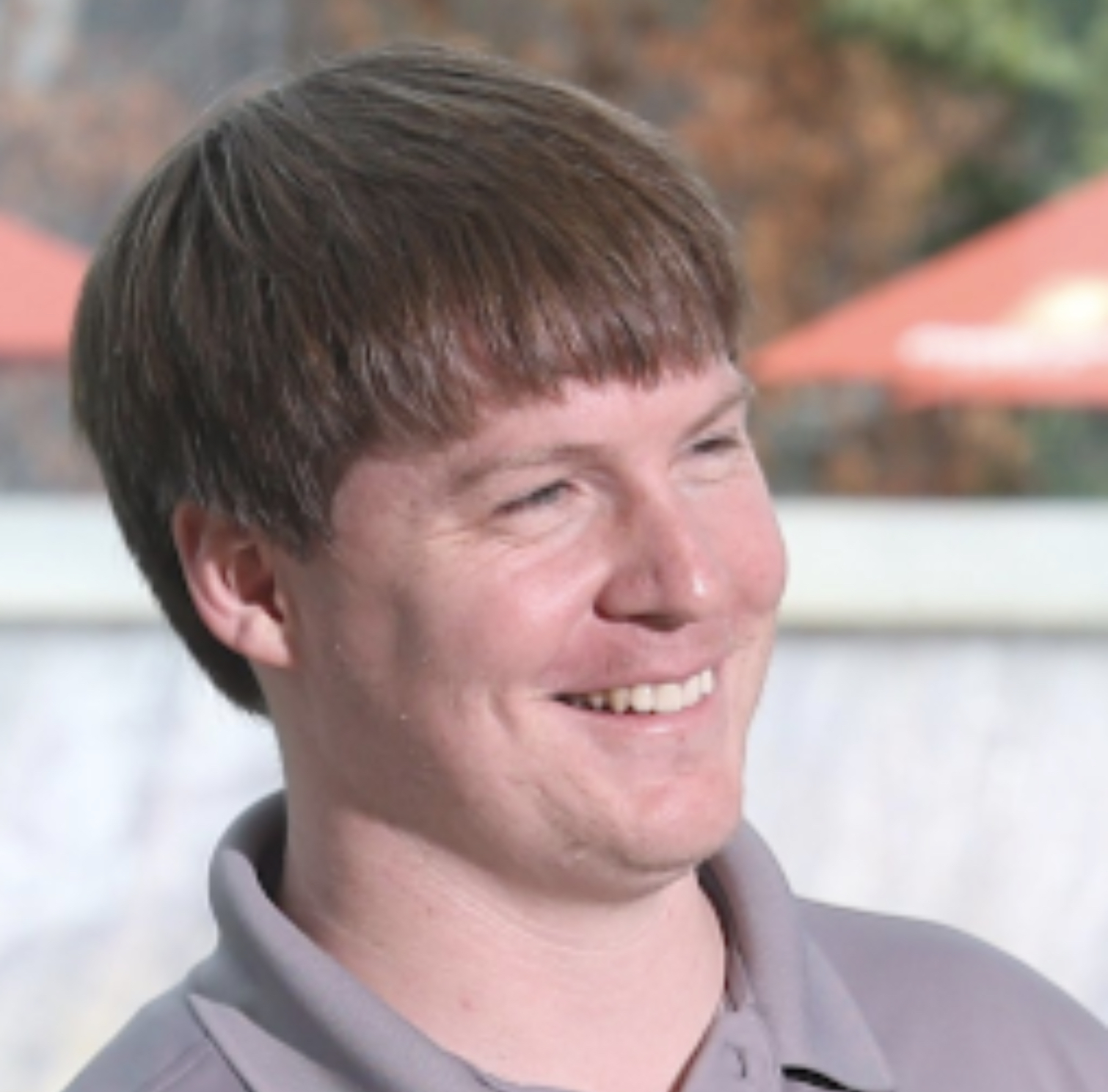
Andrew D. Balmos, Software/Data Engineer, College of Agriculture, Purdue University
Bio: Andrew is currently serving as a software/data engineer in Purdue University’s College of Agriculture and as a research scientist in the Open Ag and Technologies Systems(OATS) center. Andrew is completing his Ph.D. degree in electrical and computer engineering from Purdue and his research interests include embedded systems, sensors and signal processing, and IoT/edge computing and connectivity.
Acknowledgment: ACW 2023 has been supported by the National Science Foundation (NSF) through a workshop supplement grant to CNS-1939334.

